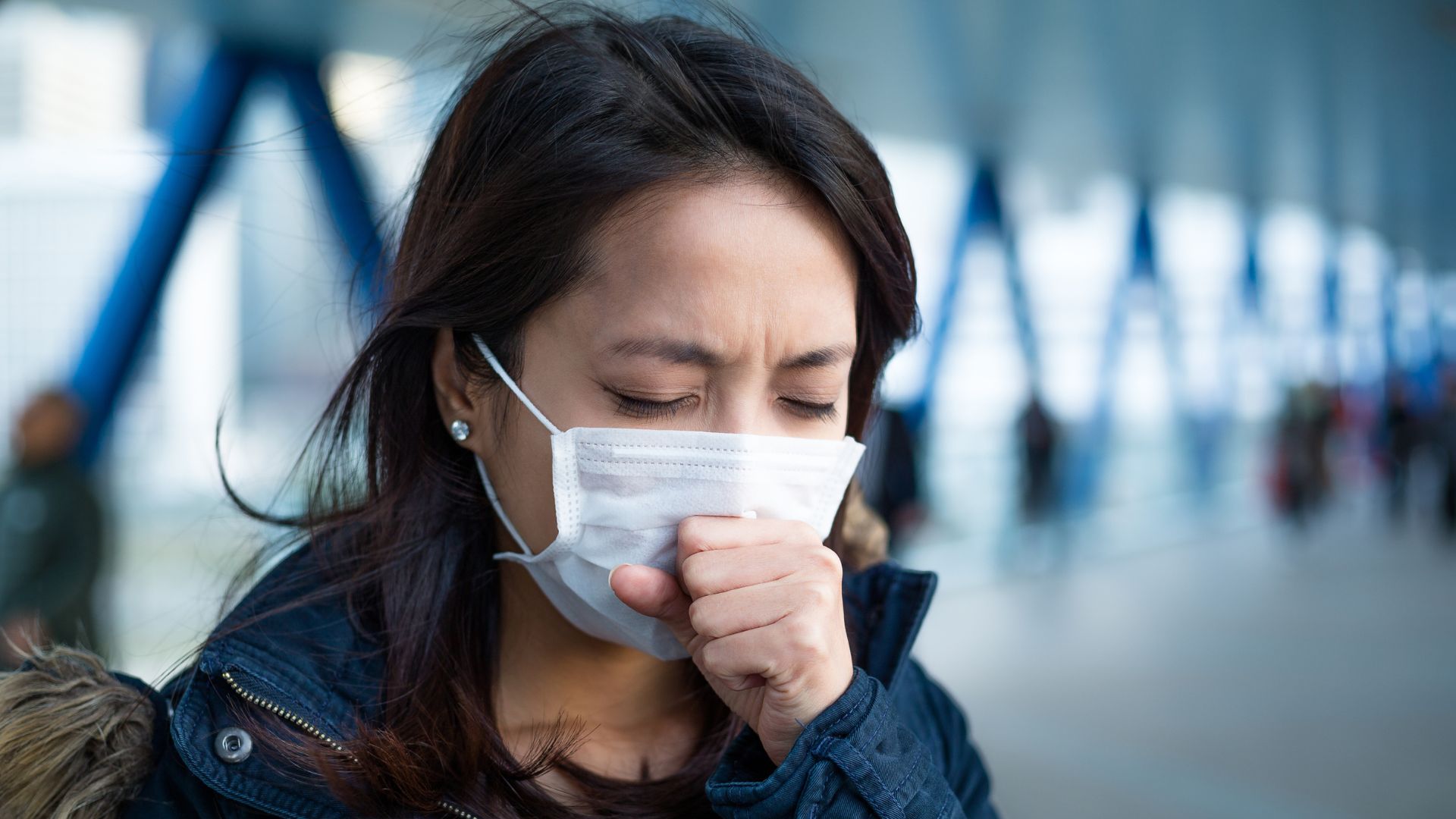Flu season is rampant during the holidays because of cold weather, and one such case in 2023 is “walking pneumonia,” more known as “atypical pneumonia as it comes from a common bacteria called Mycoplasma pneumonia.
It is named “walking” because, similar to COVID-19, this variant of pneumonia can be asymptomatic or show mild symptoms that allow a human to continue their daily activities.
Some symptoms are cough, fever, chest pain, mild chills, headache, difficulty breathing, and so on. If these symptoms are experienced altogether, it is best to seek medical attention immediately.
To prevent your family, friends, employees, and other close acquaintances from catching this illness, here are seven ways that you can protect yourself this holiday and flu season.
1. Keep your hands clean
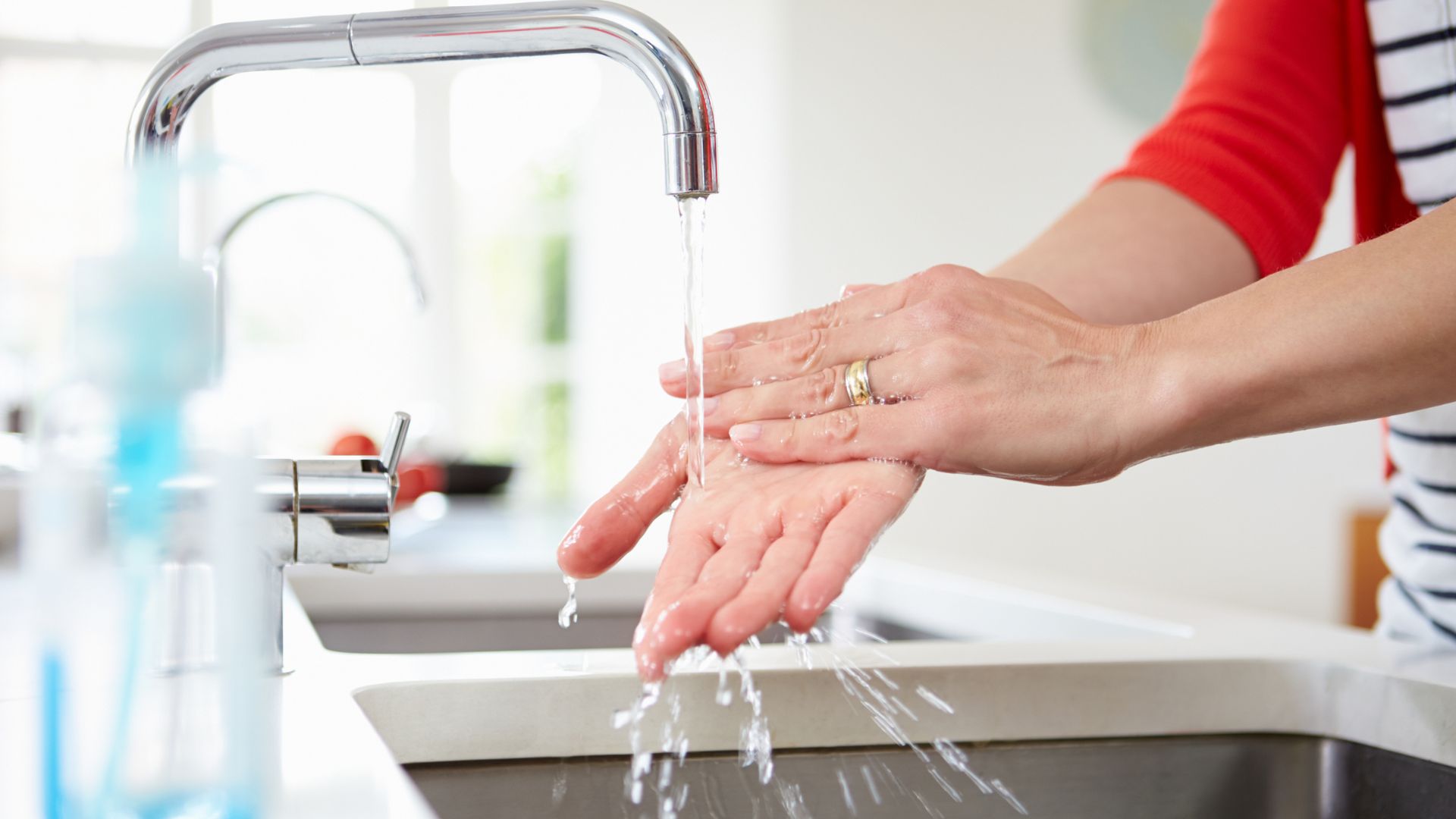
Germs and bacteria can spread rapidly, especially with physical contact. Always remember to wash your hands with soap and water after holding dirty surfaces or objects and after going to the bathroom.
Practice the rule of hand washing by singing the “Happy Birthday” song twice while scrubbing. Make sure you lather enough soap from your fingertips to your elbows and wipe with a clean towel or tissue.
If you are in a public space and there is no available washroom, always keep a hand sanitizer or alcohol with you, two to three sprays or pumps of alcohol on your palm.
2. Cover sneeze or cough with tissue
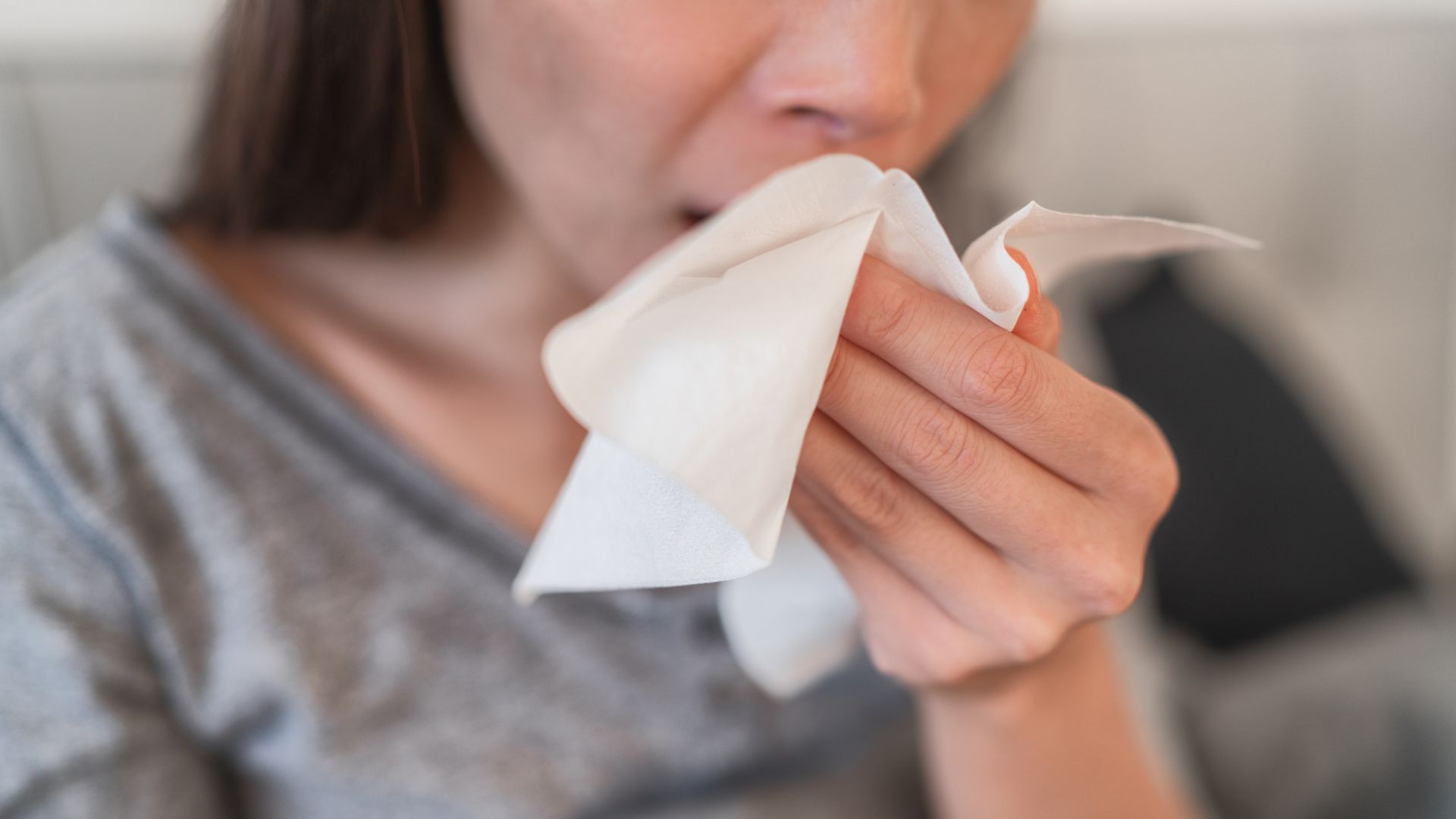
Coughing and sneezing can also transfer germs and bacteria through the air; carrying a bundle of tissue to cover your nose or mouth when doing so can prevent it; and washing your hands after or using alcohol.
It is also best to dispose of the used tissue ahead; if no trash can is available, simply wrap the used tissue with a new one and store it in your bag or pocket so you can dispose of it later.
You can also bring a clean handkerchief or towel to cover yourself when sneezing or coughing, but make sure to not use it to wipe your face, body, or hands to not contaminate yourself even more.
3. Wear masks in public spaces
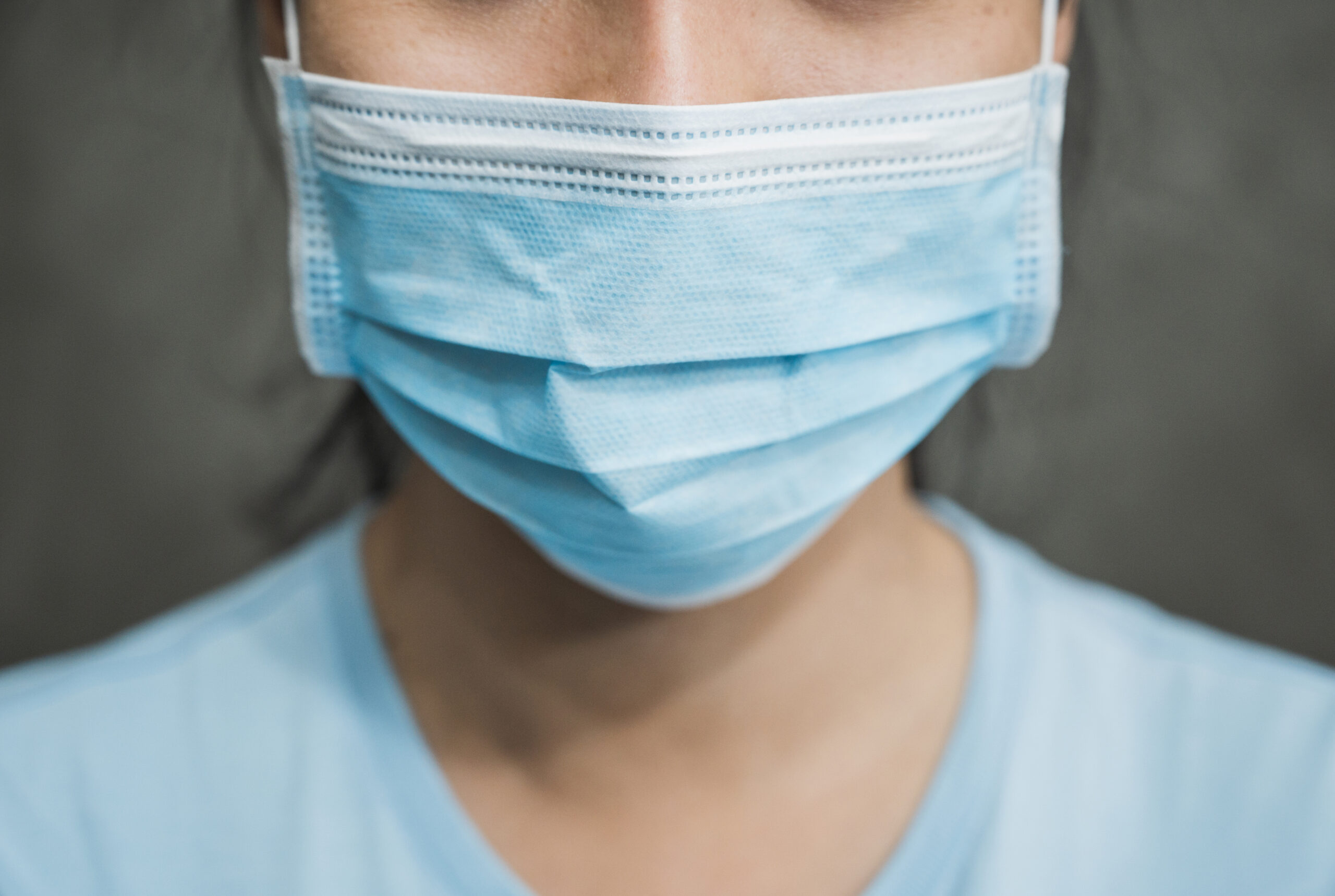
It is recommended to wear a surgical mask when out in public. With all the smoke, invisible germs, and bacteria in the air and the number of people out as well, there is no telling which among them already has the illness.
When wearing a surgical mask, do not touch the mask part and instead only hold it from the strings to prevent any direct physical contact that could contaminate it.
Always remember to bring extra masks in case the strings snap. You may also wear a double surgical mask or any clean face mask over the surgical one.
4. Get an annual flu shot

In the Philippines, flu shots are given during the rainy season, but it is more preferred by doctors to get the shot during February and June. Adults aged 50 years and older and children aged six to 23 months are recommended to get this shot.
If you are one of the many people who experience chronic diseases such as cardiovascular disease, rheumatic heart disease, asthma, bronchitis, and so on, it is advised to get a flu shot.
While it may not entirely prevent you from getting walking pneumonia, it will reduce your chances of getting it and boost your immunity to influenza.
5. Stay hydrated and drink warm beverages
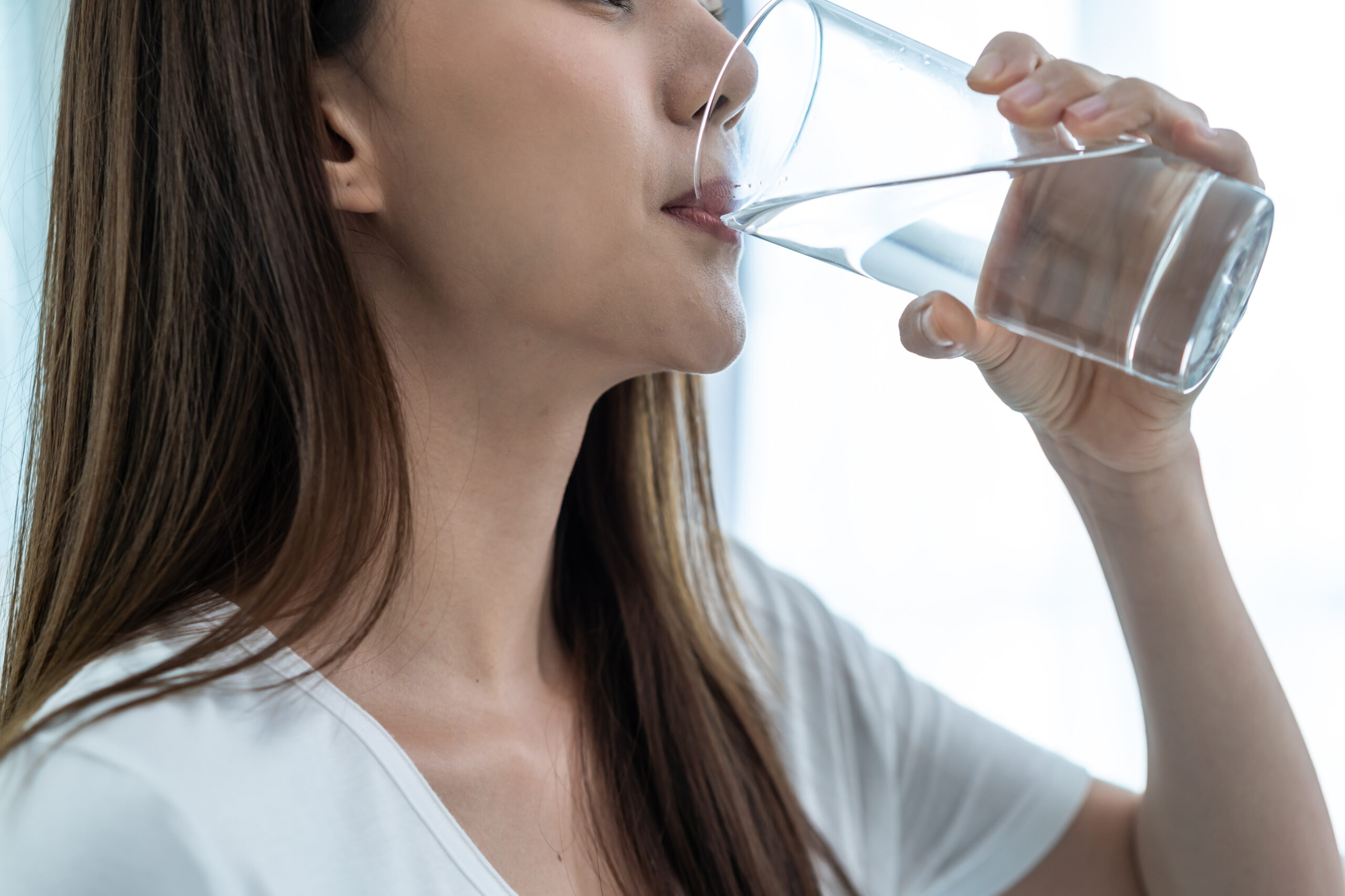
Experiencing coughs and colds can dehydrate our bodies. It is important to maintain drinking the recommended 8–10 glasses a day to help the circulation of blood and wash away any impurities.
Drinking warm beverages like tea, whether in the morning or afternoon, can help boost energy and soothe sore throats caused by coughs and phlegm.
It also helps in widening blood vessels for the digestive tract, thus improving the gut and preventing any constipation.
6. Stay away from heavy smokey areas
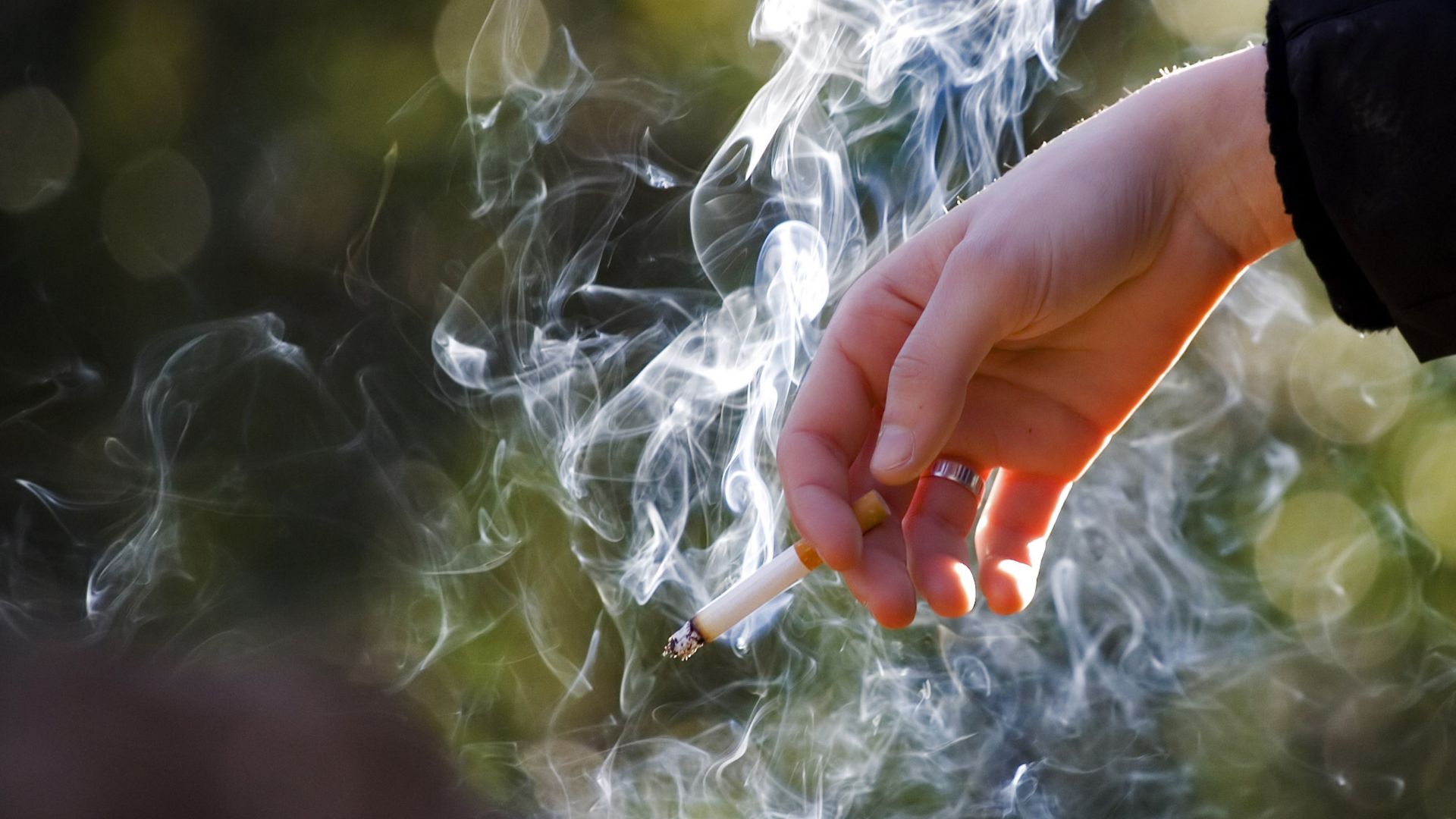
If you have any history of chronic or respiratory disease, it is best not to stay in smokey areas or places where there are usually smokers around. Smoke can trigger walking pneumonia symptoms.
Wear a facemask at all times when in public, or cover your face with a handkerchief. If you are inside a public vehicle and stuck in traffic, do not remove your facemask, as smoke from vehicles can also trigger symptoms.
If you are a smoker, it is advised to stop frequent smoking to prevent any symptoms such as chest pain or difficulty breathing, or even worse cases such as lung cancer.
7. Use a humidifier or regularly take a bath
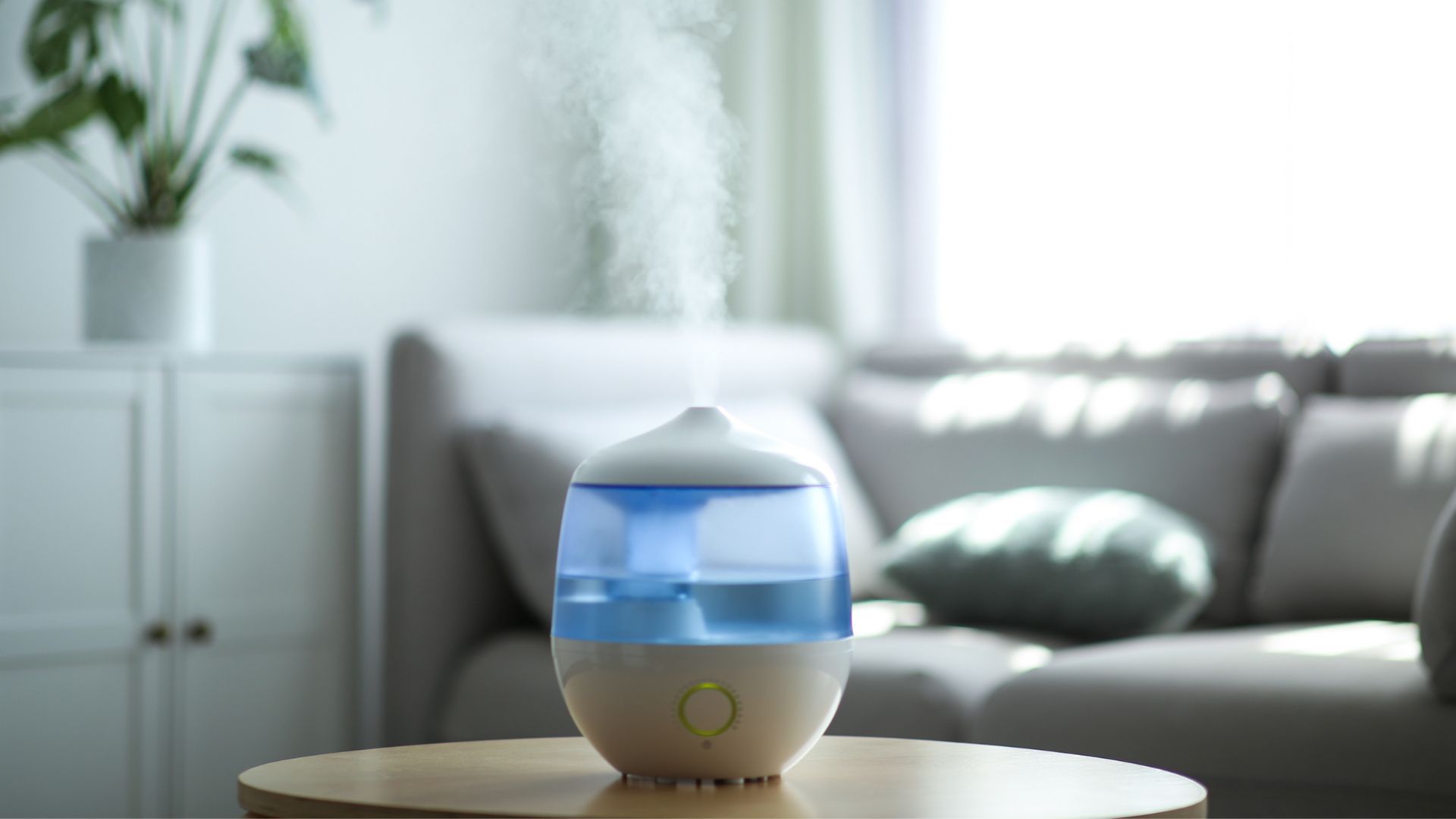
Keeping the air in your home clean is also important, you can use a humidifier to maintain the fresh air as well as sanitize your living room and dining room, where a lot of your family members gather.
A humidifier gives off steam, which prevents any virus from circulating. The moisture is also beneficial for health, which, similar to drinking warm beverages, soothes the nose and throat.
If you don’t have a humidifier, always remember to take a bath regularly or even after coming from outside. Use antibacterial soap for your body to cleanse yourself from dirt and germs you have accumulated from the air or environment.
It is important to take care of yourself, whether the symptoms are low or mild. Take note that they can develop if you don’t practice proper hygiene. Health is wealth; don’t abuse your body, but treasure it this holiday season.

